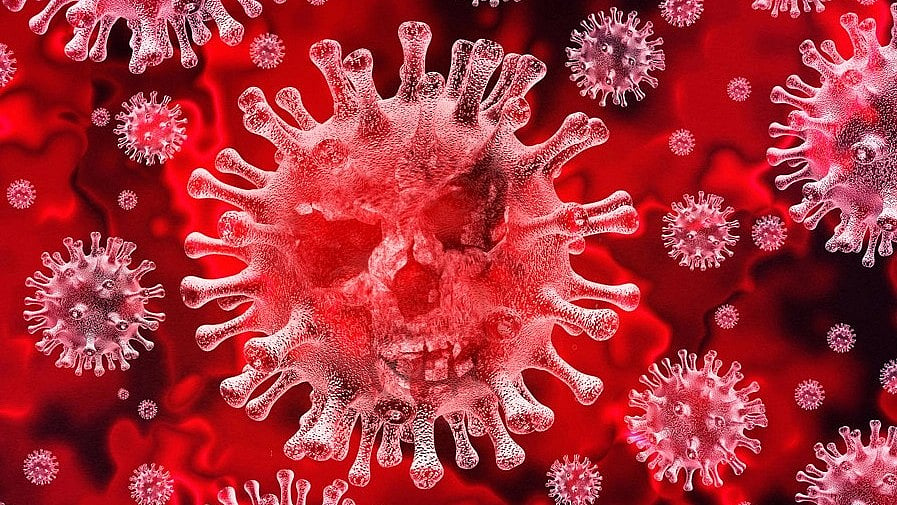Actress and Bigg Boss 18 contestant Shilpa Shirodkar has confirmed she has tested positive for COVID-19. The veteran star took to Instagram to share the news with her fans, writing, “Hello People! I’ve been tested positive for COVID. Stay safe and wear your masks!” Her post has not only drawn concern from followers but also comes as COVID-19 cases are once again climbing in parts of Asia.
COVID cases on the rise again
Shilpa's diagnosis aligns with a broader pattern being observed across Southeast Asia, especially in Singapore, which is currently experiencing a significant rise in cases. The latest surge is largely being driven by two newly identified Omicron subvariants, LF.7 and NB.1.8. Both of these variants are offshoots of the JN.1 strain that caused a global spike in infections last year.
While most of the new cases are mild, health experts are paying close attention due to the rapid spread of these subvariants. The World Health Organisation (WHO) has not yet categorised them as variants of concern, but increased monitoring is underway.
Symptoms you shouldn't ignore
Although the new variants are not thought to be more dangerous, they are highly contagious. Doctors advise being on the lookout for these common symptoms:
Persistent cough
Sore throat
Nausea or vomiting
Pink eye (conjunctivitis)
Brain fog or confusion
Anyone experiencing these symptoms, especially the elderly or those with pre-existing health conditions, should consult a healthcare provider if their condition worsens.
Singapore’s current COVID surge
According to Singapore’s Ministry of Health, COVID-19 cases jumped from 11,100 to 14,200 in just one week (April 27–May 3). The new variants now make up over 66% of all sequenced infections in the country, leading to stronger health advisories and vaccination pushes.

Vaccines still offer strong protection
The reassuring news is that the vaccines still work. Health experts say that current COVID-19 vaccines continue to protect against severe illness from LF.7 and NB.1.8.
Authorities in Singapore recommend booster doses for:
People aged 60 and older
Those with chronic medical conditions
Residents in aged-care facilities
Healthcare workers and frontline staff
A booster shot is advised approximately 12 months after the last dose. Vaccines are available for individuals as young as six months.
Disclaimer: This article is for informational purposes only and should not be considered a substitute for professional medical advice. Always consult your doctor for any concerns or questions regarding your health or medical condition.













